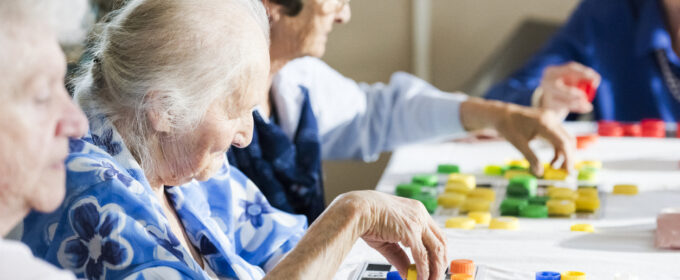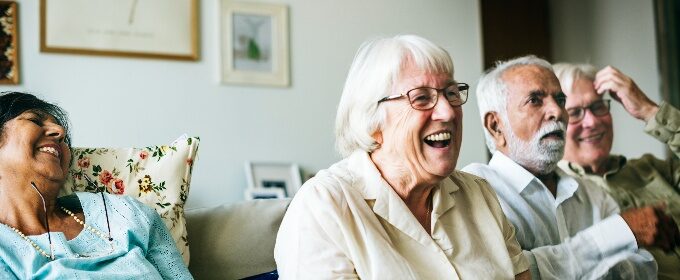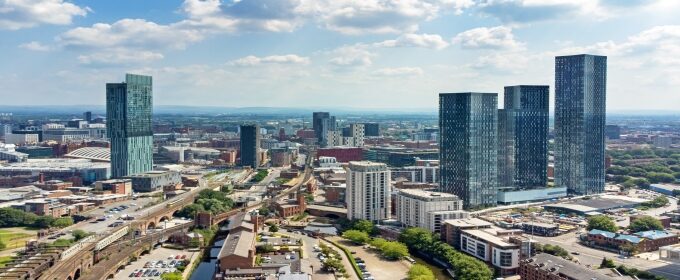Older people were disproportionately affected by the emergence and spread of COVID-19, whether in hospital, the community or in care homes. Just taking the period from January to December 2020, 72,178 people died 60 days after testing positive for COVID-19 or with it mentioned on their death certificate – 67, 451 of whom were 60 […]









